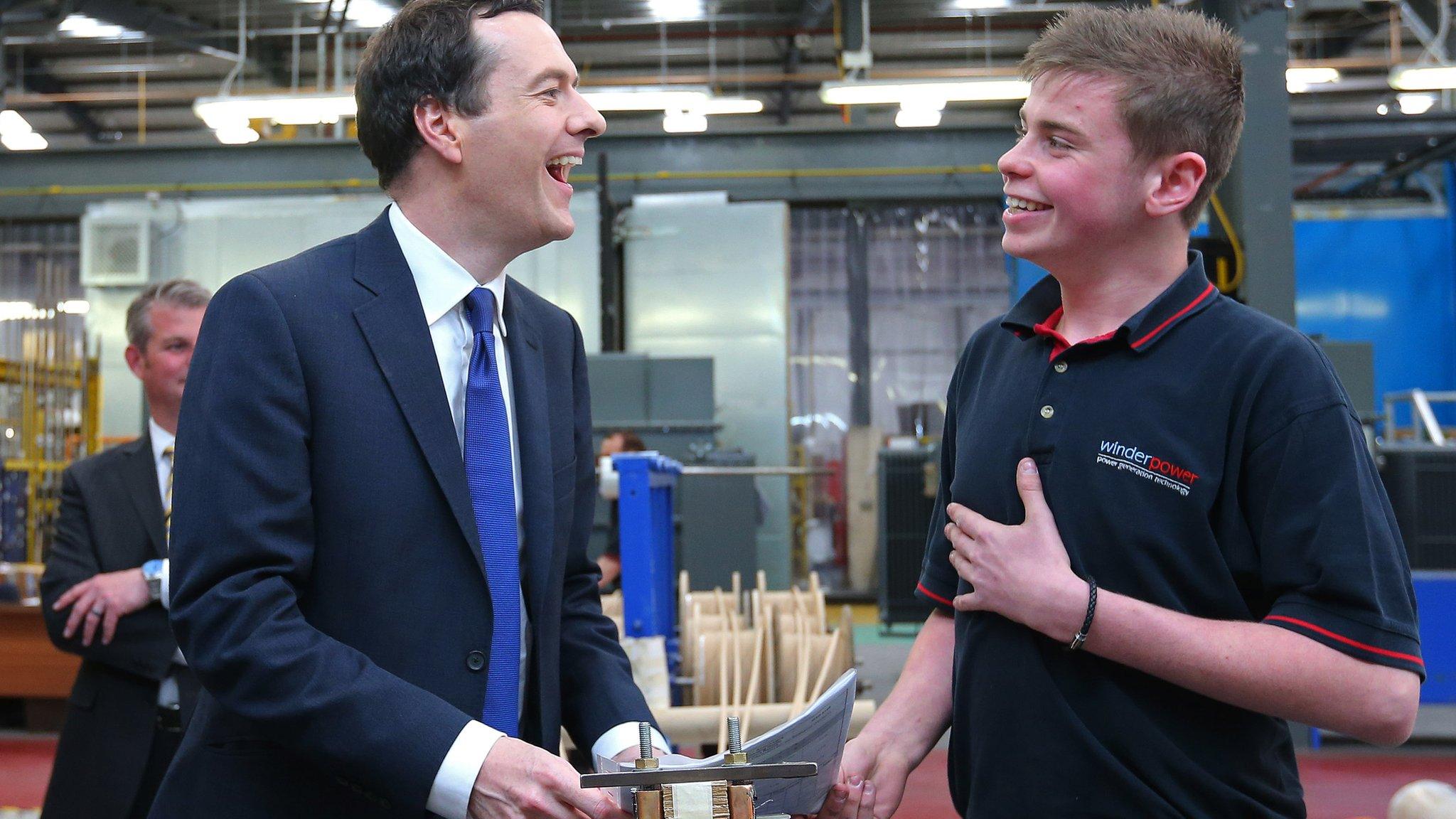Push for higher quality apprenticeships in Wales
- Published
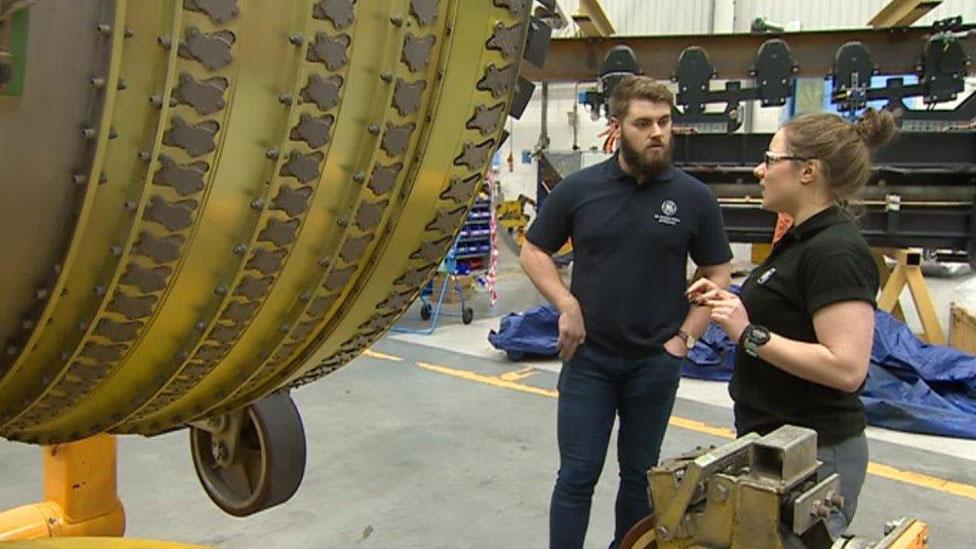
One-time GE apprentice Jade Babbington, now also studying for a business degree, and third year apprentice aircraft engineer Jonathan Elley
An extra £15.5m for apprenticeships has been announced by the Welsh Government, in its new policy to get more people into higher level training.
But Wales will receive £138m from the UK Government's apprenticeship levy on bigger businesses in the same period.
Firms have been urging Welsh ministers to ring-fence the money specifically for apprentices.
However, they have resisted that, saying that they have lost out on funding elsewhere from Westminster.
So the Welsh Government will be putting its share of the levy into the overall pot.
Ministers here say its apprenticeships policy will be tailor-made and focused on quality rather than just the numbers of apprentices.
A think-tank warned last week that trying to simply increase numbers of apprentices in England risked poor value for money.
There have been previous warnings of quality being sacrificed for quantity.
The apprenticeship levy, which is 0.5% on company payrolls, will raise £3bn a year UK-wide.
Larger companies in Wales such as Airbus in Flintshire and GE Aviation in Rhondda Cynon Taff will have to pay it.
The money raised in England will be used exclusively for apprenticeships.
But Skills Minister Julie James said the Welsh Government had been saying all along that the levy "completely overlooks and undermines our very distinctive approach to supporting apprenticeships".
Ms James said the policy was taking an approach which was "better aligned" to the growing needs of Wales.
The Welsh Government aims to create a minimum of 100,000 apprentices over five years.
Between 2011-16, around 116,000 people went into such training.
Joanne Foster, of GE Aviation UK, explains the value of apprenticeships
Joanne Foster, of GE Aviation - which has around 65 apprentices at its plant in Nantgarw near Caerphilly - welcomed the announcement and said the Welsh Government was "very agile and committed to high value jobs in Wales".
Around a third of all apprenticeships in Wales currently involve the health and social care sector.
The business, administrative and management fields account for around another quarter, with about 5,000 apprentices in the construction industry.
Ministers want to address skill shortages in areas like ICT, engineering and construction, as well as financial and professional services.
The policy is also aiming to move more people from lower levels 2 and 3 training to higher levels 4, 5 and 6, which could be a degree or equivalent.
Higher level courses are more expensive so that could lead to reduced numbers of apprentices overall.
However, training at a higher level has a greater benefit both to the individuals and to the economy.
The new policy will focus on increasing the number of 16-19-year-olds taking up posts, although all ages are catered for.
The Welsh Government will increase investment on apprenticeships from £96m to £111.5m from April.
It said the extra £15.5m would ensure neither public or private sector employers were disadvantaged by the apprenticeship levy, which applies to all those with a wage bill of more than £3m a year.
Liz Maher, president of the South and Mid Wales Chambers of Commerce, said it would "go some way" to addressing the skills gap regularly raised by businesses.
"We have been calling for increased investment in higher-level apprenticeships for some time," she said.
"Our members have been telling us that they need people trained to this level and we are pleased that the Welsh Government is listening."
Colin Brew, chief executive of the North Wales Chamber of Commerce said it was a positive step forward but we must "remember that the skills-gap is broad and apprenticeships alone won't solve this".
Welsh Conservatives' skills spokesman Mohammad Asghar said: "The additional funding announced today is very much a case of the Welsh Government giving with one hand and taking away with another, having recently scrapped its scheme for concessionary bus fares for young people."
He said it had a very poor record in delivering high quality training opportunities for young people and large employers would feel "cheated" by the cabinet secretary's refusal to ring fence the money from the apprenticeship levy.
- Published31 January 2017
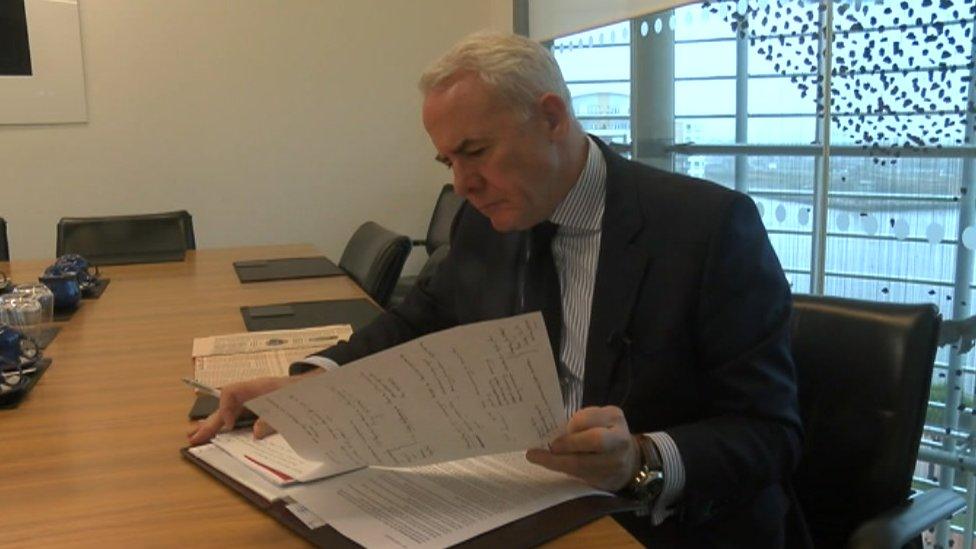
- Published6 January 2017

- Published6 January 2017

- Published31 January 2017
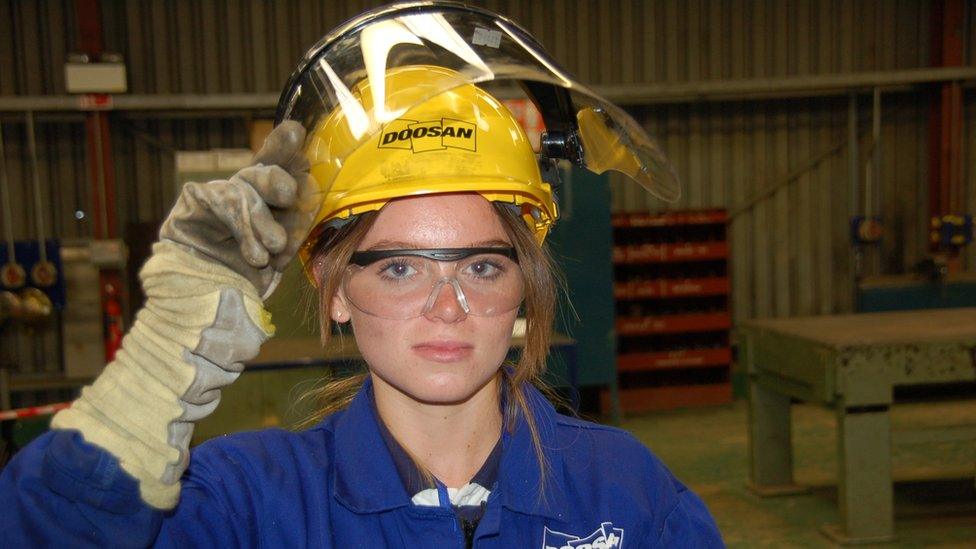
- Published6 February 2012
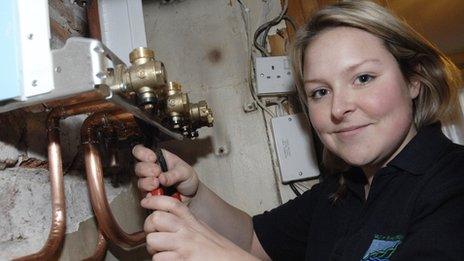
- Published31 January 2017
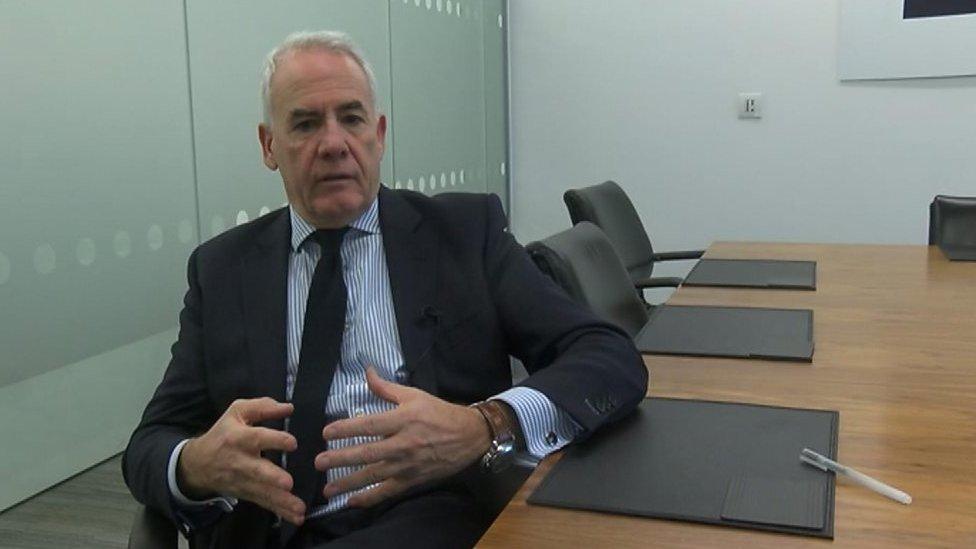
- Published25 November 2015
